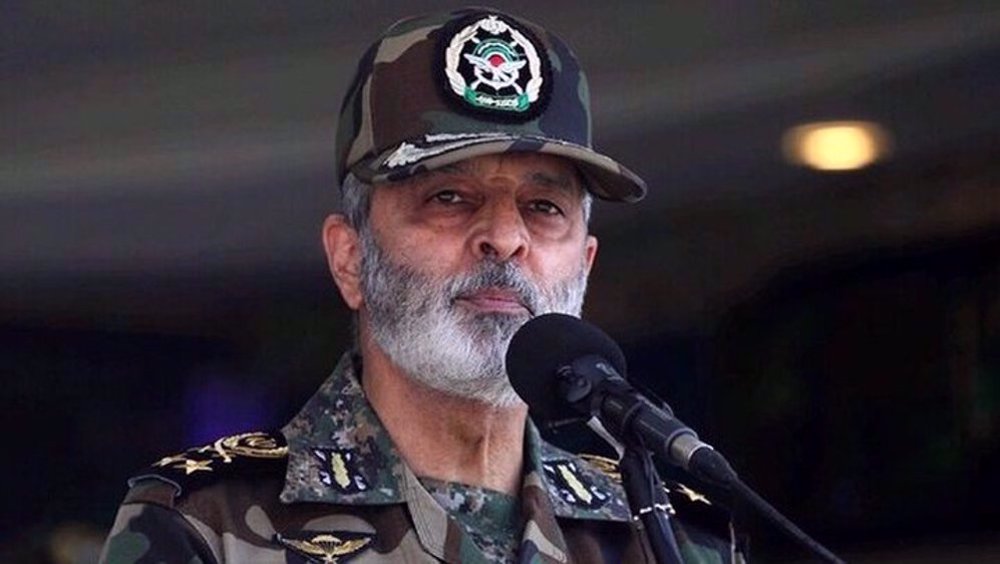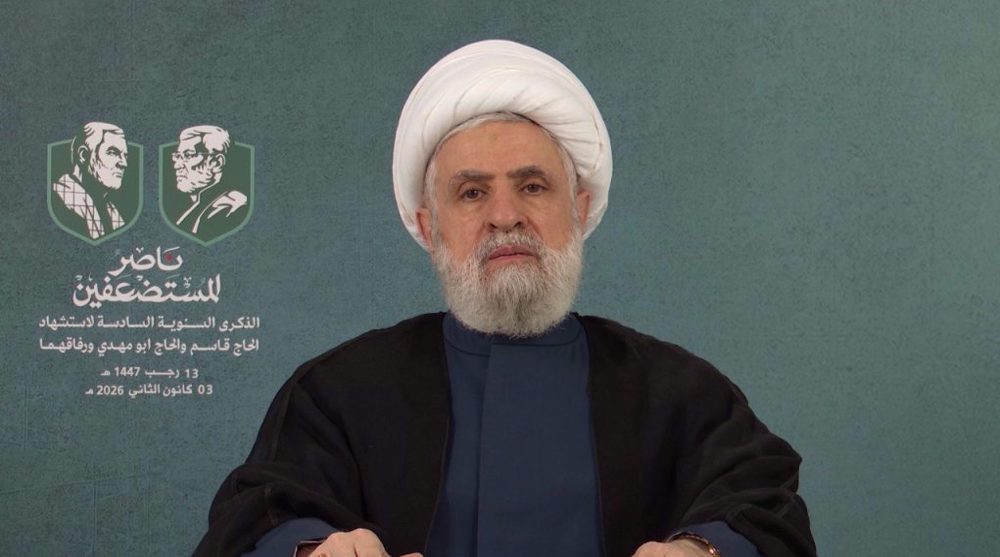The guardians of Iran’s Constitution
“The Constitution of the Islamic Republic of Iran advances the cultural, social, political, and economic institutions of Iranian society based on Islamic principles and norms, which represent an honest aspiration of the Islamic Ummah.”
With that, begins the preamble to the Iranian Constitution, which was approved as the law of the land by 99.5% of the votes in a December 1979 referendum, months after the Islamic Revolution came to fruition in Iran.
Constitutions prove to be of great value to nations and serve as the backbone of a democracy. Constitutions have three primary functions in general. First, they institute a government of three branches — namely the legislative, executive and judicial ones — with a system of checks and balances. Second, they distribute power among the governmental bodies. And third, they ensure that the rights of citizens are protected.
In the case of Iran, a religious democracy, the Constitution has been described as a combination of theocratic and democratic elements.
Since constitutions spell out the principles upon which the states are based, it is important to ensure that each and every stipulation of the constitution is strictly followed.
To that effect, the Iranian Constitution has envisioned an authority in charge of seeing to it that any interpretation of the Constitution has been rightly made.
The Constitutional Council — also known as the Guardian Council — is a body of Islamic and legal jurists that acts in many ways as a Supreme Court.
Half of the body’s 12 members are legal jurists. They are nominated by the head of the Iranian Parliament and put to vote the Parliament, while the rest are specialists in Islamic law, and are appointed by the country’s highest-ranking authority, the Leader of the Islamic Revolution.
Membership in the Council is for phased six-year terms, which means half the membership changes every three years at random.
The Council affirms or rejects any interpretation of the law made in bills passed by parliament. The members sitting on the Council vet the compatibility of the legislation with the Constitution and its Islamic basis.
Any legislation rejected by the Council will be passed back to the Parliament, which will have to rewrite the proposed bill if it wants it to proceed with it.
Another one of the Council’s tasks is to supervise elections. All candidates standing for election and those for the Assembly of Experts — another supreme body — must secure the Constitutional Council’s approval before they can join the race.
Venezuela’s acting president calls for peaceful coexistence, dialogue with US
Denmark, Greenland leaders urge Trump to halt takeover threats
Iran pioneers future of wound care with West Asia’s first smart nanocellulose dressing
Enduring bond: How Gen. Soleimani’s loyalty to Ayatollah Khamenei shaped his life and legacy
Israel commits 99 violations against Palestinian journalists in one month: Press union
Spain, five Latin American nations denounce US military aggression against Venezuela
European leaders – touchy about Ukraine – cheer US ‘regime change’ war on Venezuela
Two killed as Israeli drone targets vehicle in southern Lebanon










 This makes it easy to access the Press TV website
This makes it easy to access the Press TV website